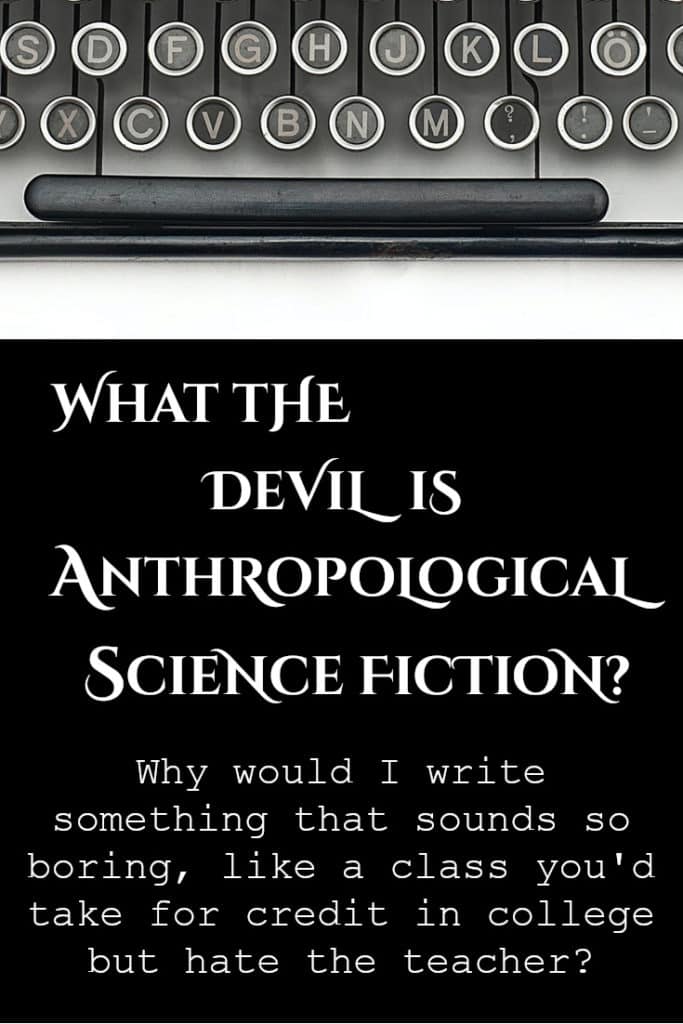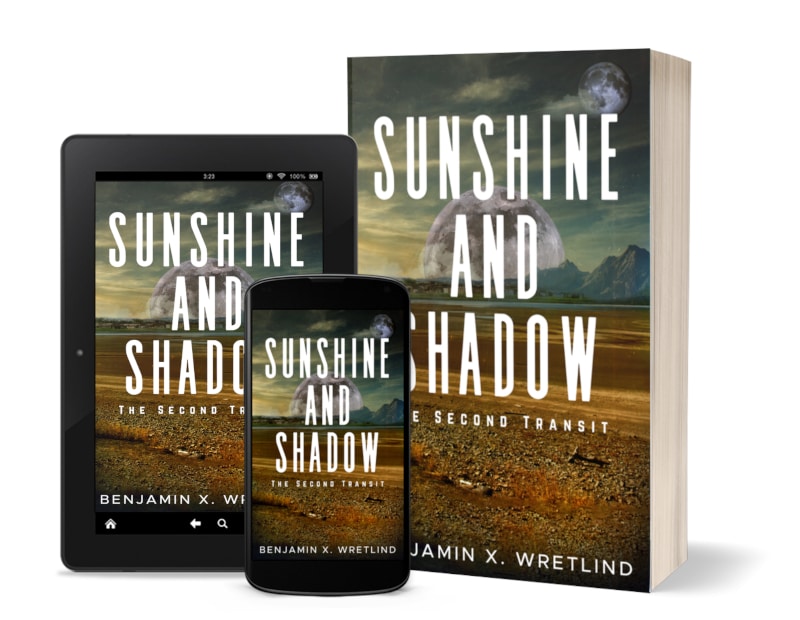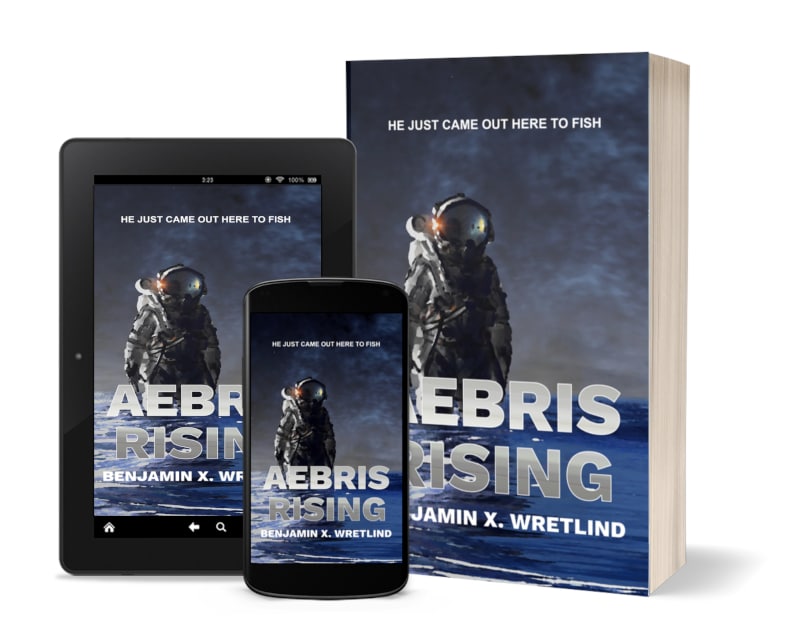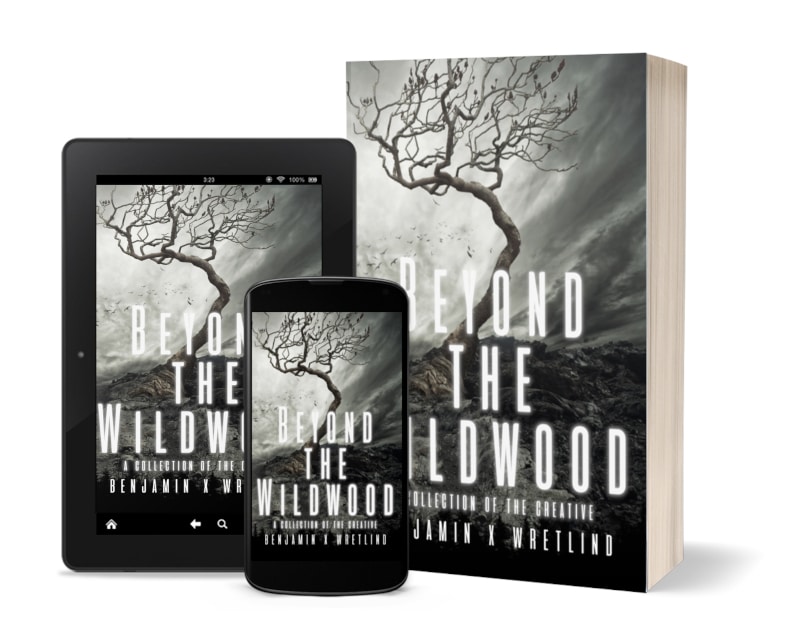What the Devil is Anthropological Science Fiction?
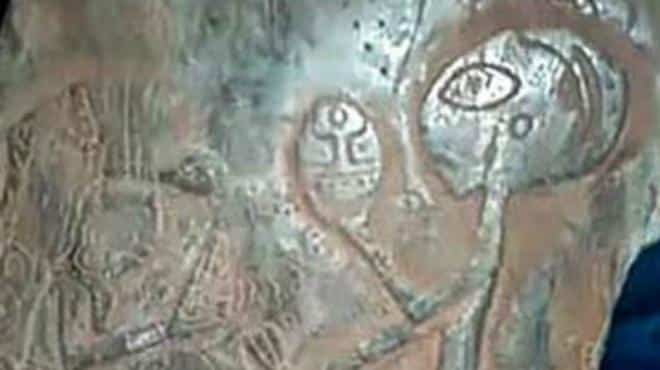
Anthropological Science Fiction sounds like an oxymoron, doesn’t it? Maybe when we break down it down, it is indeed.
In simplest terms, anthropology is “the study of human societies and cultures and their development” (thank you Oxford). When we think of anthropology, we consider the past (i.e., how did we get here?).
Science Fiction on the other hand can be loosely defined as “fiction based on imagined future scientific or technological advances and major social or environmental changes, frequently portraying space or time travel and life on other planets.” (Thank you again, Oxford.) When we think of science fiction, we consider the future (i.e., what’s going to happen when we get there?).
Truthfully, I think these two seemingly disparate things are a lot more related than they appear.
In 1968, anthropologist Leon E. Stover wrote the following:
Anthropology is the science of man. It tells the story from ape-man to spaceman, attempting to describe in detail all the epochs of this continuing history. Writers of fiction, and in particular science fiction, peer over the anthropologists’ shoulders as the discoveries are made, then utilize the material in fictional works. Where the scientist must speculate reservedly from known fact and make a small leap into the unknown, the writer is free to soar high on the wings of fancy.
Stover, Leon E. and Harrison, Harry (eds.). Apeman, Spaceman (London: Penguin, 1968)
When I initially set out to write Out of Due Season, I did not subtitle it (The First Transit), nor did I consider the possibility of exploring a little-known sub-genre that is best known as the playground for writers such as Ursula K. Le Guin, Michael Bishop and Chad Oliver. It wasn’t until I had entered the final chapter when I realized just where the story was leading me.
Yes, it was into the future (science fiction) but a possible future guided by our past (anthropology). I decided that I didn’t want to stop on a cliffhanger but use this novel as the starting point for a series that would explore the evolution (or devolution) of our species if the starting point were now.
Right now.
Today.
The series attempts to answer the singular question:
Would humanity’s sociological past follow the same general paths if it had a chance to start over?
Some of this was guided by the events of today. I started Out of Due Season in 2017, then let life take over for a few years until an event occurred May of 2020 (you can read about that here). COVID had an impact as well, along with continuing racial strife, the 2020 election and the divisiveness of America. I asked myself what would happen if we could start over.
Would we make the same mistakes?
Out of this musing came the call: I would explore the future through the lens of the past. I would turn the Transit series into anthropological science fiction.
Merging Two Fields
Now why would I write something that sounds so boring, like a class you’d take for credit in high school but hate the teacher?
In my junior year of high school, I took two such classes: AP Anthropology and Creative Writing. They were sort of back-to-back on my schedule, with Anthropology first followed by a lunch in which I could let the lessons stew followed by Creative Writing.
I didn’t know it at the time, but I think I may have inadvertently discovered the best way to generate ideas for a creative writing class.
Think about it: read all about the evolution of the species and how societies are formed, grow and die, discover the many ways cultures can impact other cultures, dive into the intricacies of linguistic anthropology and then see why magic and religion is profoundly present in both our past and present.
Then, after a Hot Pocket, take all that knowledge to a creative writing class wherein the teacher says something like “write a story about what humans will act like fifty years from now.”
I don’t know what that story was about (it was many decades ago), but I do know the anthropology class was the guiding light in all of that.
So all this to say that anthropological science fiction is a thing, and it’s not a boring thing either. Science Fiction may in fact be anthropology in reverse while anthropology must be at the core of Science Fiction.
We might look at alien anthropology, as well. That’s a subject for another time.
Take a ride with me. Out of Due Season: The First Transit is out now. Through 2028, I will be releasing the next seven novels (the Second through Eighth Transits). Each of these will attempt to define our history by forecasting our future.
(By the way, I got an A in Creative Writing and a D- in Anthropology, but that’s only because I was that kid who only did the homework he liked to do–write–and not the homework he needed to do–read textbooks).



